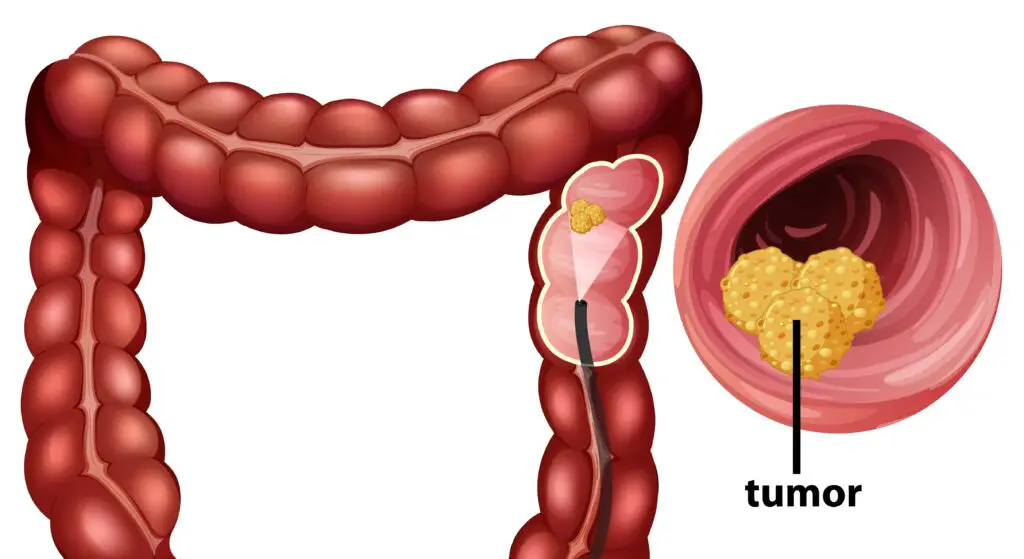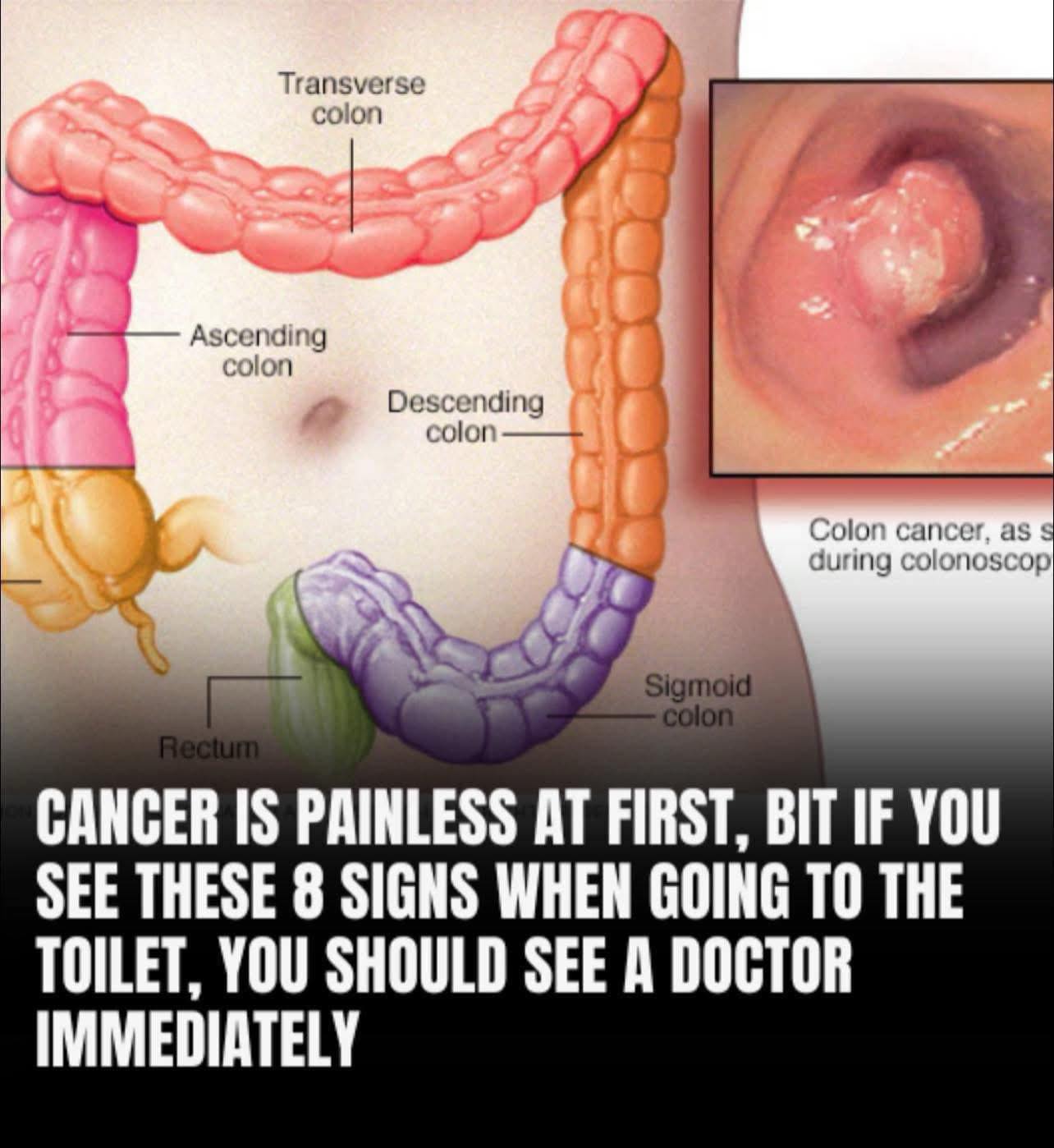When it comes to colon cancer, we often think that only major symptoms are cause for concern. However, subtle changes in your bowel movements can be early warning signs. Blood in your stool, changes in consistency, or even going to the bathroom more (or less) often could indicate a serious issue like colon cancer. While these signs are not always a cause for alarm, understanding them can help you decide when to reach out to a healthcare professional.
Early Indicators of Colon Cancer
One of the first signs that something might be wrong is a change in your usual bathroom routine. Changes like thinner stools, a shift in stool color, or a feeling that you can’t fully empty your bowel can point to underlying issues. Here are some potential early signs:
-
Narrow “pencil” stools: This can happen when a tumor narrows the intestinal passage, making the stool thinner.
-
Pain with defecation (dyschezia): Often linked to rectal cancer, this can cause pain while passing stool.
-
Unable to empty the bowel (tenesmus): A common sign of early-stage rectal cancer.
-
Rectal bleeding: This is especially common with tumors in the lower bowel.
-
Abdominal pain: This can be caused by inflammation irritating pain receptors.
-
Fatigue: Often caused by anemia due to internal blood loss.
 Source: Freepik
Source: Freepik
Changes in Bowel Movements with Regional Colon Cancer
By stage three, colon cancer may have spread to nearby lymph nodes. At this point, changes in bowel movements become more pronounced as the tumor grows and spreads:
-
Constipation: Partial blockages can slow down bowel movements.
-
Diarrhea: Fluids can bypass a partial blockage, causing loose stools.
-
Alternating constipation and diarrhea: This pattern may indicate a serious condition.
-
Blood in stool (hematochezia): Depending on the tumor’s location, blood may be bright red or darker.
-
Tenesmus: This symptom worsens as the tumor and inflammation increase.
-
Abdominal bloating and cramps: Narrowed bowel passages can cause gas build-up that can’t pass easily.
-
Iron deficiency anemia symptoms: Around half of people with colon cancer experience anemia due to blood loss.
 Souce: Freepik
Souce: Freepik
As the tumor grows, scar tissue and strictures may form, leading to partial or complete blockages. Even if you don’t visibly see blood in your stool, it can still be present internally.
Advanced Colon Cancer Symptoms
In stage four colon cancer, the disease often spreads to distant organs, causing more severe symptoms:
-
Obstruction and bleeding: As the tumor progresses, obstruction and bleeding become more noticeable.
-
Dark, sticky stool (melena): If the tumor is located on the right side of the colon, your stool may become dark and sticky due to blood mixing with oxygen and hemoglobin during its long journey through the intestines.
-
Nausea and vomiting: These symptoms can occur once the blockage becomes severe.
-
Unexplained weight loss: Chronic inflammation can suppress appetite, leading to weight and muscle loss.
At this stage, the bowel wall may weaken, potentially causing perforations. Additional symptoms can develop if cancer spreads to the liver, lungs, or bones. Interestingly, some people with advanced colon cancer don’t experience noticeable bowel-related symptoms if there’s no blockage or bleeding.
Key Takeaways
Understanding the connection between bowel movements and colon cancer is crucial. Seemingly small changes in your bathroom habits—such as blood in the stool, narrower stools, diarrhea, or more frequent trips—could be an early sign of trouble. However, other gastrointestinal issues can mimic these symptoms, so it’s important not to jump to conclusions. If you notice anything unusual or persistent, it’s essential to consult a healthcare provider. When caught early, colon cancer is more manageable and can often be treated successfully.
Please share this article with your friends and family on Facebook.



